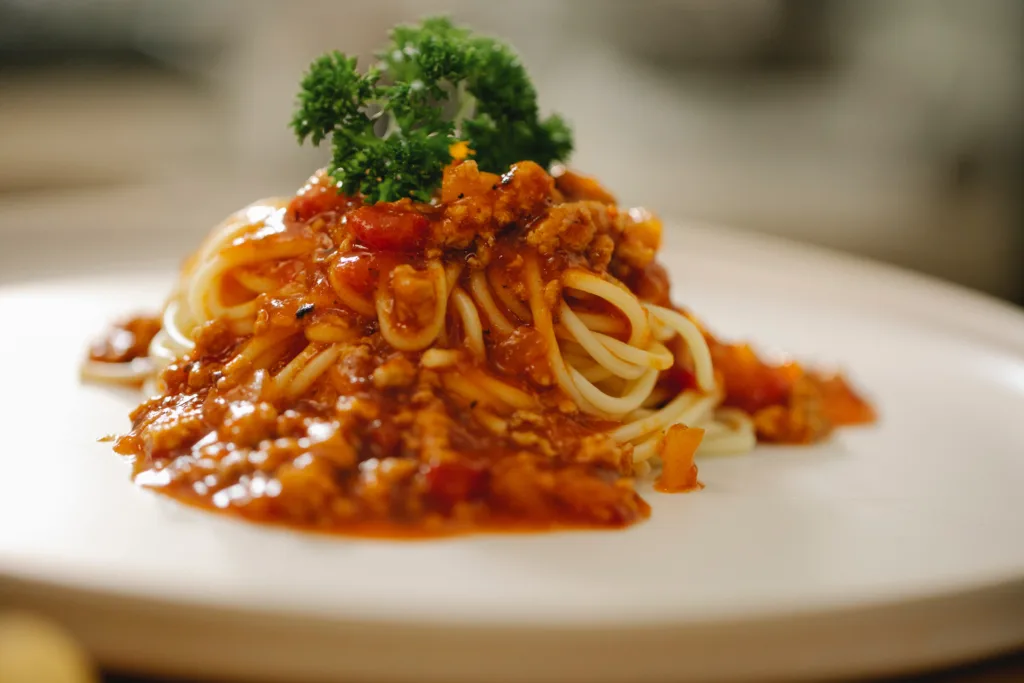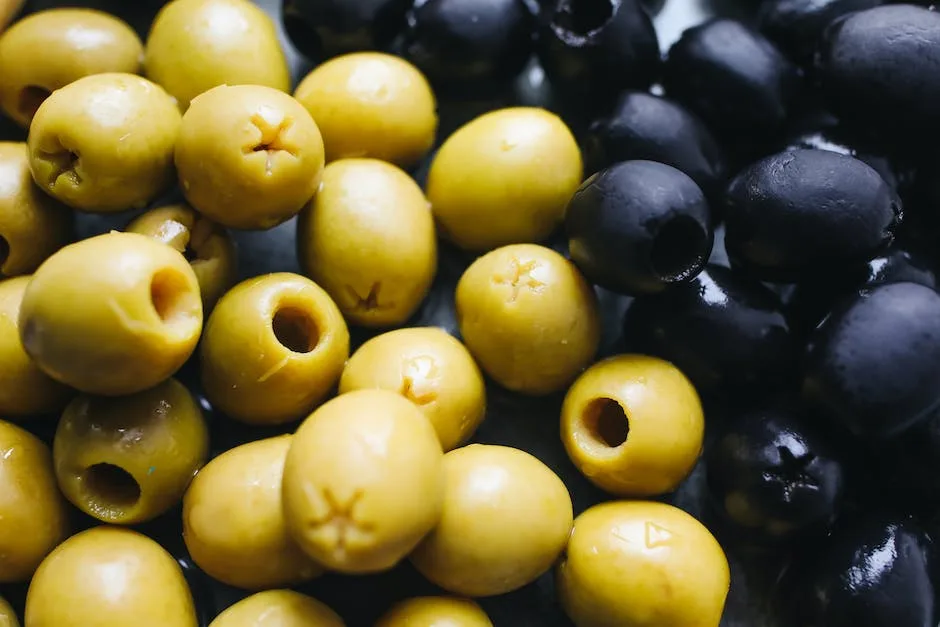The alluring cuisine of the Mediterranean has captured the imagination of health-conscious eaters for decades. With its focus on fruits, vegetables, whole grains, beans, nuts, olive oil, and yes – olives, the Mediterranean diet is renowned as one of the world’s healthiest eating patterns. Studies consistently link it to numerous benefits, from better heart health to diabetes prevention, brain function, and beyond. But that’s not all. The Mediterranean diet is also associated with easier weight management. Its abundance of nutrient-dense, fiber-rich plant foods promotes satiety, while healthy fats like olive oil simultaneously boost flavor. This winning combination makes it simpler to cut calories without sacrificing enjoyment.
Of all the Mediterranean diet’s nutritious staples, the humble olive may be one of the most underestimated superfoods. Often treated as a mere accessory to meals, olives pack a surprising punch when it comes to healthy fats, antioxidants, vitamins, and minerals. Incorporating olives into your daily diet can be a powerful step in reaching your weight loss goals the Mediterranean way. Let’s explore the fascinating nutrition profile of olives and their starring role in Mediterranean cuisine and weight management.

The Mediterranean Diet and Weight Loss
The Mediterranean Diet in a Nutshell
First things first – a quick primer on the Mediterranean diet for those unfamiliar with its framework. This eating pattern emphasizes plant-based foods like fruits, vegetables, whole grains, beans, nuts and seeds. Heart-healthy fats like olive oil and olives are abundant. Fish, seafood, eggs, yogurt, cheese and poultry are enjoyed in moderation, while red meat is limited. Wine is consumed moderately with meals. The Mediterranean diet is as much lifestyle as diet, emphasizing not just nutritional quality but also mindful eating habits, joy of food, socializing with others, and daily physical activity.
Studies consistently highlight the Mediterranean diet’s wide-ranging benefits for metabolic health, longevity, cognitive function, and disease prevention. But weight loss perks are also a major draw. By emphasizing fiber-rich plant foods and healthy fats, the Mediterranean diet promotes satiety or fullness. This can make cutting calories easier without hunger or deprivation. The Mediterranean diet makes weight management feel simpler and more sustainable. Who wouldn’t want that?
Olives: A Mediterranean Staple
If the Mediterranean diet was a sports team, olives would be a MVP (most valuable player) due to their nutrient density and versatility. Though small, these flavorful fruits pack a nutritional wallop. There are a dizzying number of olive varieties, but most fall into one of two main types – green and black. Green olives are picked before ripening, while black olives are allowed to ripen on the tree. This affects their color and flavor, but both types deliver beneficial nutrients.
The true superpower of olives is their fat content. However, not all fats are created equal! Olives contain predominantly monounsaturated fatty acids, dubbed “good fats” for their role in heart health, inflammation reduction, and cholesterol management. Compared to foods high in saturated fat, monounsaturated fats may also promote better insulin sensitivity and blood sugar regulation. In addition to healthy fats, olives provide fiber, vitamin E, iron, copper and antioxidant polyphenols. Antioxidants fight cell damage by neutralizing free radicals, which has been linked to chronic diseases. Clearly, olives check all the boxes for wellness!

The Role of Olives in Weight Loss
Healthy Fats and Satiety
If you’ve tried dieting, you know how challenging it can be to lose weight without feeling hungry, deprived and dissatisfied. This is where the Mediterranean diet and its olive oil shine. The healthy fats in olives and olive oil help create long-lasting fullness. Studies show that monounsaturated fatty acids are more satiating than less healthy saturated fats. The body seems to burn through saturated fats quicker, leaving you hungry again sooner. The more sustained energy release and satiety factor from monounsaturated fats make olives the perfect food for curbing cravings and unwanted snacking. By keeping you fuller longer on fewer calories, olives naturally support weight management.
Antioxidants and Metabolism
Olives’ wealth of antioxidants provide another weight loss advantage. Researchers are increasingly interested in the link between antioxidants, metabolism and weight regulation. Oxidative stress, an imbalance between free radicals and antioxidants, has been associated with slowed metabolism and fat accumulation. The antioxidants in olives may help counteract this process. Studies on overweight and obese subjects have found oxidative stress markers reduced after consuming olive-rich Mediterranean diets. Other research found improved insulin sensitivity and lower body fat after meals containing olive polyphenols. While more studies are needed, this preliminary research is intriguing! It suggests that antioxidants in olives could aid metabolism and weight management on a cellular level.
Incorporating Olives into Your Diet
Hopefully you’re convinced of olives’ merits and ready to embrace their weight loss potential. But how to fit more of these Mediterranean morsels into your daily diet? Here are simple and delicious ways to up your olive game:
- Toss olives into salads, grain bowls, pasta, pizza, soups, stews, tacos, flatbreads, and more for an instant flavor and nutrition boost. Black and green olives have slightly different taste profiles, so experiment to see which you prefer.
- Sprinkle chopped olives onto omelets, frittatas, avocado toast, sandwiches, burgers, or baked potatoes for Mediterranean flair.
- Make olive tapenade or sauce to accompany chicken, fish, steak, lamb, turkey or plant-based proteins. Combine chopped olives with olive oil, garlic, lemon juice, herbs and red pepper flakes.
- Skewer olives, cheese chunks, meatballs, cherry tomatoes, artichoke hearts and other bite-sized foods onto toothpicks or small skewers for Mediterranean-themed appetizers.
- Add olives to grain or pasta salads for a pop of flavor, color, texture and healthy fats.
- Blend olives into hummus, pesto, tapenades, salsas or dressings. The briny flavor pairs perfectly with garlic, lemon, herbs and olive oil.
- Stuff olives with goat cheese, almonds, chili flakes or other accompaniments for easy appetizers.
Let your creativity run wild! Olives pair well with so many foods and make it easy to add Mediterranean zing to any dish.

Conclusion
The Mediterranean diet is renowned for its multiple benefits, but its role in easier weight management often flies under the radar. With its strategic use of fiber-rich plant foods and healthy fats like olive oil, the Mediterranean eating pattern promotes satiety along with deliciousness. And of all the diet’s nutritious staples, the humble olive may be one of the unsung heroes. Olives contribute healthy monounsaturated fats, antioxidants, vitamins, minerals and satiating fiber that can aid weight regulation on multiple levels. By incorporating olives into your daily meals, you can unlock their natural weight loss potential as part of the Mediterranean lifestyle. Remember, small amounts of superfoods like olives can make a big difference over time. Embrace the magic of olives and Mediterranean eating, and you’ll be on your way to healthier and happier living.
Engage and Encourage
Want to learn more Mediterranean diet tips and weight loss-friendly recipes? Be sure to subscribe to our free newsletter for the latest health and nutrition insights delivered straight to your inbox. You can also explore our blog for related articles on food, nutrition, health, wellness and achieving your health goals. Here’s to embracing the Mediterranean magic of olives and other superfoods for delicious living and eating!
Thank you for reading this post, don't forget to subscribe to our free newsletter
!
